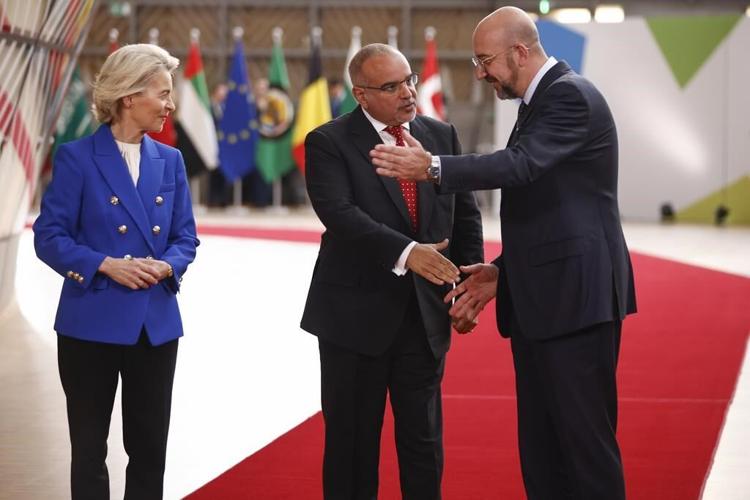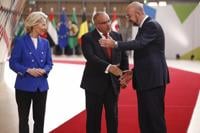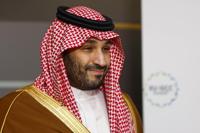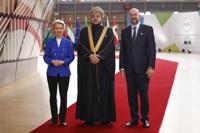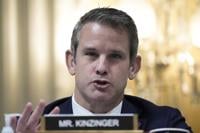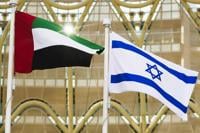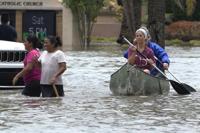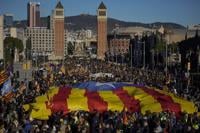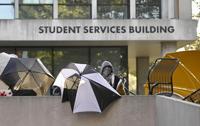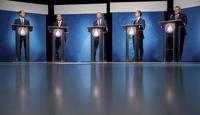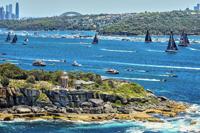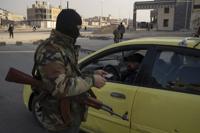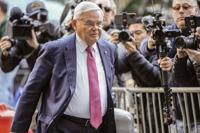BRUSSELS (AP) — The leaders of the European Union and six Gulf nations held an inaugural summit Wednesday against a backdrop of turmoil in the Middle East and struggles to find a unified position on the war in Ukraine and relations with Russia.
The summit, which lasted just a few hours, encompassed everything from visas and trade to the situation in the Middle East. It yielded little more than general commitments to improve cooperation.
Belgian Prime Minister Alexander De Croo said the summit was “long overdue” and added that “the economic ties between the European Union and the Gulf countries need to be strengthened."
“They are there, but they have the potential to be developed much, much further,” he said.
Officials said the EU also raised human rights issues with their visitors, who included Saudi Crown Prince Mohammed bin Salman. The United States that aides of Prince Mohammed , whose columns for The Washington Post were critical of the crown prince.
"Our outrage and revulsion at this horrific violation of human rights cannot be set aside for the sake of quick deals with dictators. EU leaders must confront brutal authoritarianism wherever it exists," EU Green legislator Daniel Freund said.
EU Commission President Ursula von der Leyen sidestepped human rights issues in her opening address, stressing that “to be strategic partners means to listen to each other, to respect each other, to trust each other.” The principle of human rights was mentioned several times in the concluding joint statement.
Von der Leyen also highlighted the need for cooperation on pressing geopolitical issues like the war in Ukraine and that of Israel against the Hamas and Hezbollah militant groups.
“We cannot implement our economic ambitions without security,” she said.
The EU nations already find it challenging to find full alignment on Israel's wars against Hamas and Hezbollah, and it will be difficult to agree a strong common statement with GCC leaders, officials familiar with the meeting said.
EU members are also in disagreement regarding relations with Russia and Ukraine, with nations like Hungary and Slovakia holding vastly different views on Moscow's actions than many other EU states. At the same time, several Gulf Cooperation Council nations have much better contact with Moscow compared to EU members.
The 27-nation EU has long had relations with the six-nation GCC, which includes Qatar, Bahrain, United Arab Emirates, Saudi Arabia, Oman and Kuwait.

